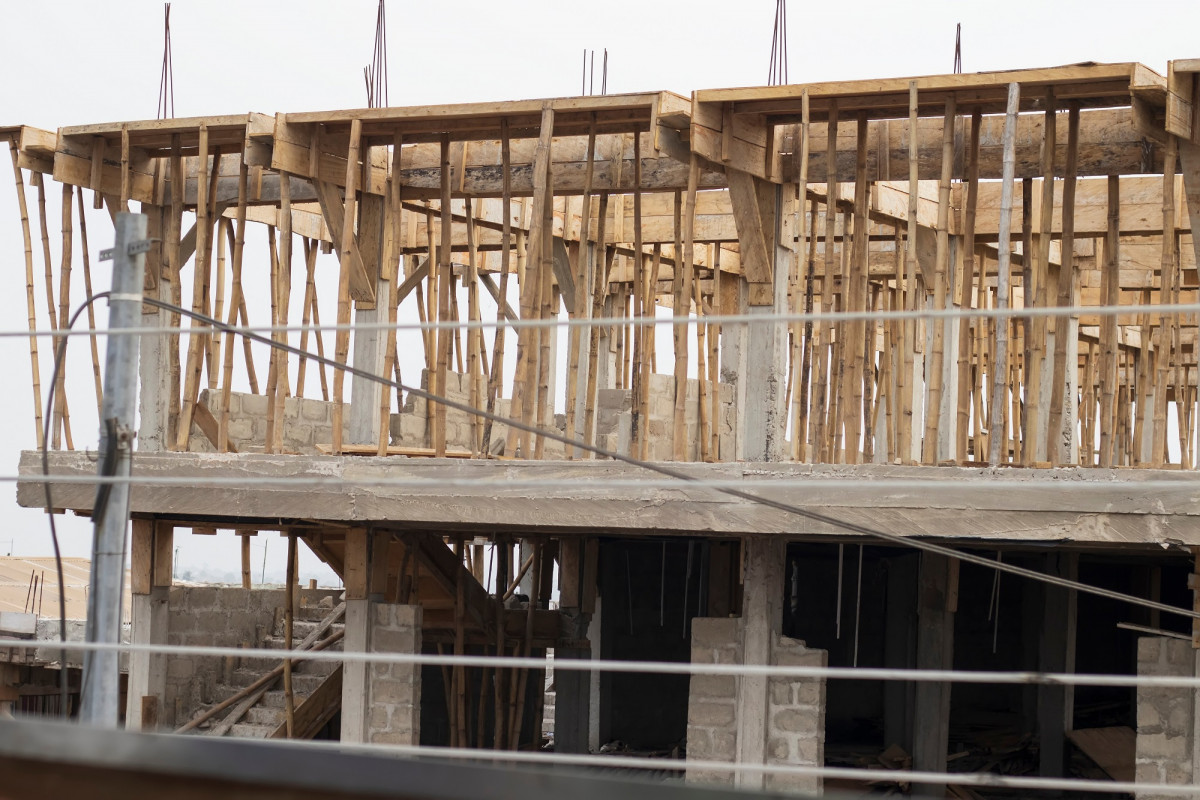More sick, delayed private housing projects identified

- In total, 118 private housing projects previously deemed delayed or sick have been recuperated and received certificates of completion and compliance.
KUALA LUMPUR (June 6): The government’s task force on sick and abandoned private housing projects has identified more such projects as at end-April, with 481 sick projects recorded, from 435 at end-March.
The number of late projects have risen to 141, from 110 at end-March, while the number of abandoned projects remained unchanged at 112, according to data from the Ministry of Local Government Development (KPKT) and the National Housing Department.
In a statement on Tuesday (June 6), KPKT said the task force has recuperated 20 such projects in April this year, with a gross development value (GDV) of RM2.72 billion, involving 2,749 housing units.
In total, 118 private housing projects previously deemed delayed or sick have been recuperated and received certificates of completion and compliance (CCC).
Another six problematic projects were reclassified as going smoothly in the same month, Deputy Local Government Development Minister Akmal Nasrullah Mohd Nasir said.
1Q2023 saw the restoration of 92 problematic projects with an estimated GDV of RM5 billion, involving 6,700 units, the deputy minister said.
Akmal Nasrullah said the task force’s close cooperation with technical agencies has also produced positive outcomes for projects facing utility-related issues.
“A total of 21 projects were successfully completed, out of 44 sick private housing projects that had issues involving Tenaga Nasional Bhd (TNB), following a task force meeting with TNB on May 22,” he said.
Akmal Nasrullah said the team will continue to intensify engagement with other technical agencies, such as the National Water Services Commission (SPAN) and the Indah Water Konsortium Sdn Bhd (IWK).
A sick housing project is one that has been delayed by more than 30% compared to its scheduled progress, or one which sale and purchase agreement (SPA) has lapsed, according to the definition in KPKT’s website.
Meanwhile, a housing project in Peninsular Malaysia is deemed abandoned when there is no significant construction activity at the site for six consecutive months.
At a press conference on the matter, Akmal Nasrullah revealed some number and percentage of problematic projects by states, contrary to enclosure in previous press conferences, with the intention to promote “urgency” for the relevant states to work with the federal government to resolve the matter.
He cited Kelantan as an example, where half of its 86 ongoing housing projects are struggling with completion, with 40 of them categorised as sick.
Combined with three other projects that were delayed, 43 projects in Kelantan — an east coast state of Peninsular Malaysia — are having issues in getting completed. Meanwhile, 36 projects were running smoothly, while seven have yet to be launched as at end April, the deputy minister said.
“In terms of percentage, Kelantan has 50% problematic housing projects. It means that when we buy a house in Kelantan, there is a 50-50 chance of a problematic house (being bought); this is very concerning,” Akmal Nasrullah said at a press conference at the Parliament building on Tuesday.
He said the task force for sick and abandoned private housing projects is setting an appointment with the Kelantan state authorities to examine the issues, as well as arranging for site visitations this coming Sunday (June 11).
Besides Kelantan, Akmal Nasrullah, who is also the Johor Bahru member of Parliament, pointed out that the state of Perlis has about 23% problematic housing projects, with four categorised as sick, one delayed and 17 others running smoothly.
Selangor, he said, had 108 sick projects but with a lower overall percentage of 20%, given the high number of projects within the state — with 742 projects running smoothly, 39 delayed and another 30 en route to launch.
Never miss out
Sign up to get breaking news, unique insights, event invites and more from EdgeProp.
Latest publications
Malaysia's Most
Loved Property App
The only property app you need. More than 200,000 sale/rent listings and daily property news.
